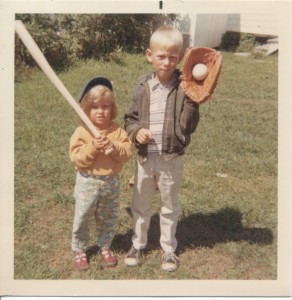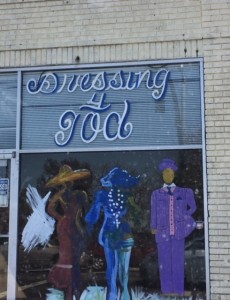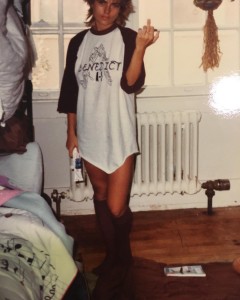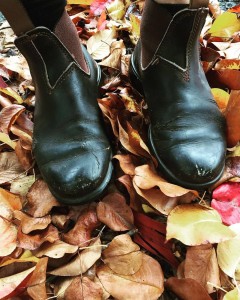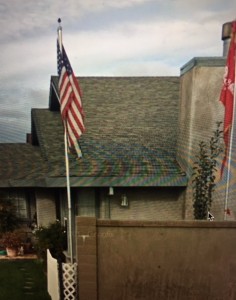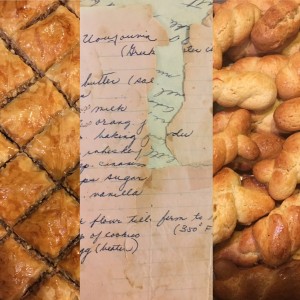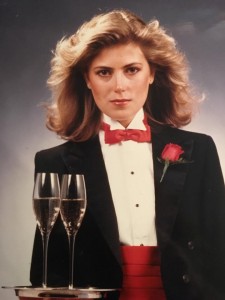Animal Rights: on being Anonymous and Voiceless
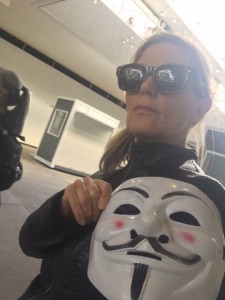 I was drawn to Anonymous for the Voiceless (AV) because their approach to animal rights/veganism/abolitionism is thoughtful, direct, and based in truth. In public spaces, they form a “Cube of Truth,” where masked individuals (the Anonymous) hold monitors displaying rarely seen (due to “ag gag” laws) video footage of the daily reality of the animals (the Voiceless) forcibly bred into the agriculture industry, so that humans may consume their eggs, milk, corpses, etc. And since we’re being truthful, the Guy Fawkes-inspired masks are damn cool.
I was drawn to Anonymous for the Voiceless (AV) because their approach to animal rights/veganism/abolitionism is thoughtful, direct, and based in truth. In public spaces, they form a “Cube of Truth,” where masked individuals (the Anonymous) hold monitors displaying rarely seen (due to “ag gag” laws) video footage of the daily reality of the animals (the Voiceless) forcibly bred into the agriculture industry, so that humans may consume their eggs, milk, corpses, etc. And since we’re being truthful, the Guy Fawkes-inspired masks are damn cool.
The AV message is not one of all meat-eaters and leather-wearers are evil. Rather, passersby have the choice whether or not to pause and witness the truth of the institutionalized, government-subsidized cruelty that is a regular part of their diet –which is something I never considered (or rather, chose not to consider) for the first 50+ years of my life. I too once loved the smell of bacon.
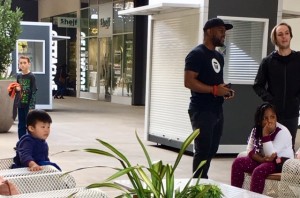
The young ones don’t appear to like what they see. And that’s a good thing.
During the demonstration, there are non-anonymous outreach members of Anonymous for the Voiceless whose role it is to answer questions and provide information to audience members who display interest. I was initially on outreach detail, as I’m comfortable speaking to strangers and am knowledgeable on the topic of animal rights. I suspect my efforts impacted one woman today, while adding a new word to her vocabulary, maceration (as it pertains to her usual breakfast).
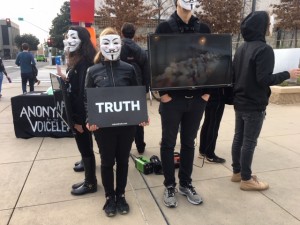 Eventually I donned my mask and entered the cube, where one does not engage. Being anonymous is a wee titillating — as evidenced everyday by the myriad of internet trolls who (consequence-free) unleash their vitriol on whatever headline pops up on their preferred news source. I was prepared to experience actual consequences for being anonymous in the real world. I might have been spat upon. I might have been yelled at. Neither of those happened.
Eventually I donned my mask and entered the cube, where one does not engage. Being anonymous is a wee titillating — as evidenced everyday by the myriad of internet trolls who (consequence-free) unleash their vitriol on whatever headline pops up on their preferred news source. I was prepared to experience actual consequences for being anonymous in the real world. I might have been spat upon. I might have been yelled at. Neither of those happened.
Most people – thankfully not all, but most – averted their gaze, walking right past us. Some would briefly glance and look away, clearly uncomfortable. It’s eerie, watching someone when you’re just feet away, STARING RIGHT AT THEM – and they can’t see your face. And that was when the Truth became real to me: the truth of being Voiceless.
I was standing next to video images of actual torture, some of which met humane standards set forth by the government (standards which are often not enforced). I wasn’t just anonymous in the mask; I was also voiceless in the cube. Just like those animals, experiencing humans averting their gaze from the cruelty that we inflict upon them, cruelty we justify in so many ways: It’s part of my religion, it’s part of my culture, it’s in my family, it’s in my blood. It was then, as I experienced people choosing to ignore the truth, that I got an actual feel for what it must be like for one of those animals on the receiving end of our inhumanity.
For the first time in a long time, I cried hard, behind my damn cool mask.
